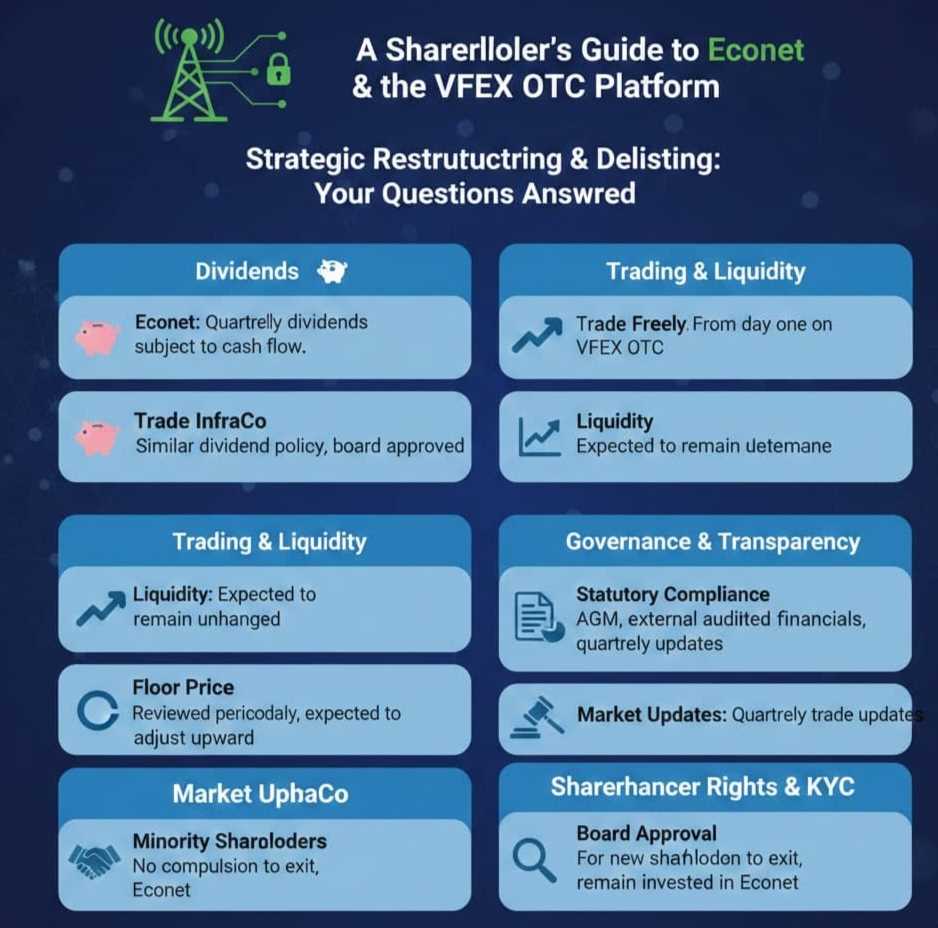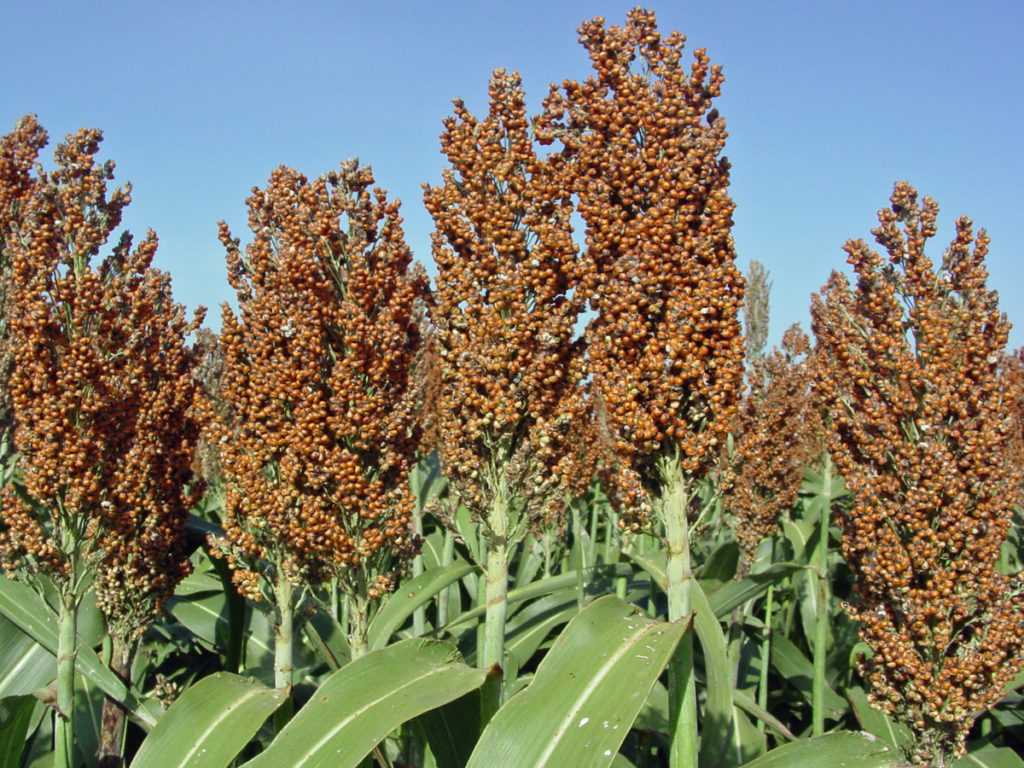Runodada Witness
Zim Now Reporter
Related Stories
Fish farming, an industry for food security and economic growth, is not without its challenges. Sharon Dzinehasha, Nonhlanhla Gumbo and Privilege Sibanda, fish farmers explains that the heavy rains, which are a blessing for some forms of agriculture, wreak havoc on her fish farm. "When the ponds overflow, we lose fish, and with them, months of effort and income," she says Nonhlanhla. The problem is not just about fish escaping into surrounding waters; the excess water also disrupts the carefully balanced environment in which the fish thrive.
Sharon emphasized that rains often introduces contaminants into the ponds, such as soil runoff, debris, and sometimes pesticides from nearby fields. This impacts the water quality, making it difficult to maintain the oxygen and nutrient levels that fish need to survive. "The fish become stressed, and some die. It's heartbreaking to see your stock dwindling because of something beyond your control," Dzinehasha laments.
Even the task of harvesting fish becomes a challenge during the rainy season. Slippery, muddy conditions increase the risk of accidents for workers and make it harder to handle equipment effectively. They face delays and sometimes end up losing even more fish in the process.
Despite these challenges, fish farmers remains determined to continue their fish farming journey. They calls for more support from agricultural authorities and the government to help small scale fish farmers like themselves adapting to the changing climate. "If we can get access to better training, tools, and funding, we can find ways to protect our ponds and improve our resilience," Privilege said.




















Leave Comments